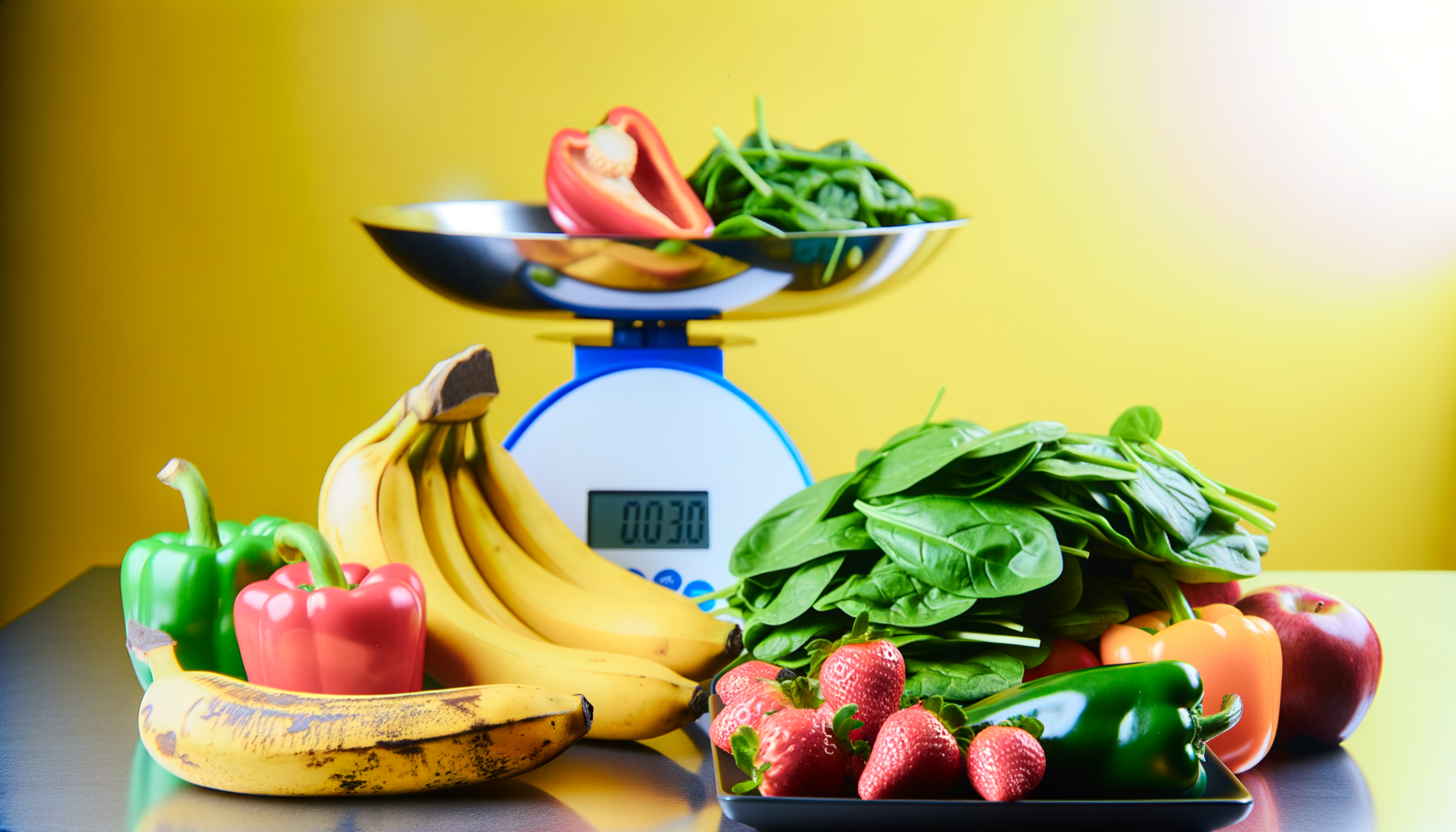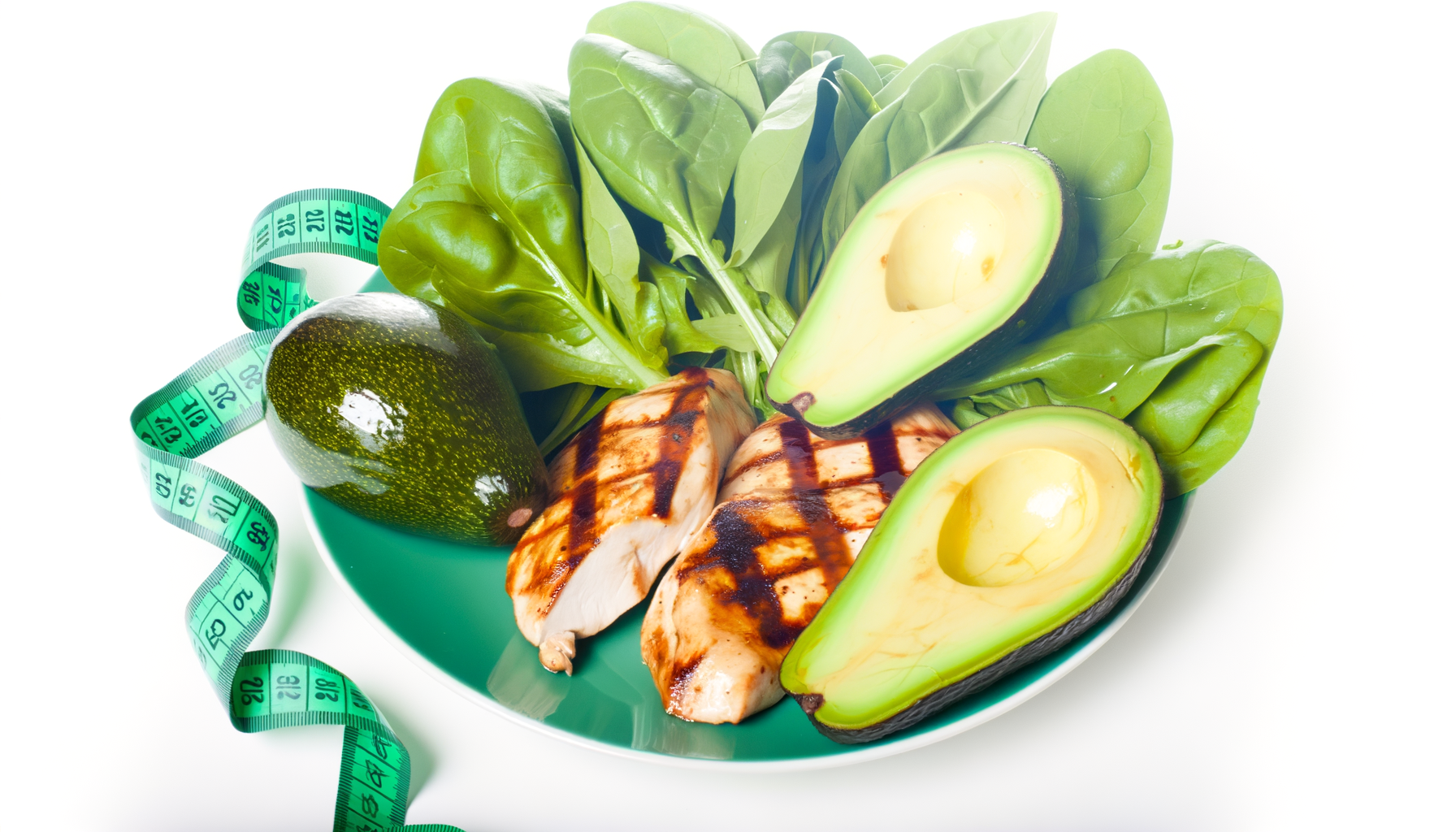The Impact of Calorie Awareness on Emotional Eating Patterns
Understanding the Intersection of Calorie Awareness and Emotional Eating
Emotional eating, a behavior where individuals consume food in response to emotional states rather than physical hunger, is a complex issue that can significantly impact one's health and well-being. The awareness of calorie intake can play a crucial role in managing and mitigating the effects of emotional eating. In this article, we will delve into the impact of calorie awareness on emotional eating patterns and explore how this awareness can be leveraged to promote healthier behavioral habits.
The Dynamics of Emotional Eating
Emotional eating is characterized by the consumption of food as a response to various emotional states, such as stress, anxiety, depression, and loneliness. This behavior is often associated with the intake of high-energy, high-fat, and high-sugar foods, which can provide temporary relief or pleasure but lead to long-term health issues like obesity, metabolic disorders, and other chronic diseases.
Studies have shown that emotional eating can be triggered by a range of emotions, both positive and negative. For instance, while negative emotions like sadness and boredom can increase appetite, positive emotions such as enthusiasm can also lead to increased food intake. This complexity highlights the need for a comprehensive approach to managing emotional eating.
The Role of Calorie Awareness
Calorie awareness involves understanding the caloric content of the foods we consume and being mindful of our daily calorie intake. This awareness can be a powerful tool in managing emotional eating patterns. Here are several ways in which calorie awareness can make a difference:
Informing Food Choices: When individuals are aware of the calorie content of their food, they are more likely to make informed choices that align with their health goals. This can help in avoiding high-calorie foods that are often associated with emotional eating[5>.
Portion Control: Calorie awareness helps in practicing portion control, which is essential for maintaining a balanced diet. By knowing the calorie content of each serving, individuals can avoid overeating and reduce the likelihood of consuming excessive calories in response to emotional triggers[5>.
Healthy Alternatives: With a clear understanding of calorie intake, individuals can seek out healthier alternatives to comfort foods. For example, opting for fruits or nuts instead of high-sugar snacks can provide a similar sense of comfort without the negative health consequences[5>.
Behavioral Changes: Calorie awareness can lead to broader behavioral changes. By monitoring calorie intake, individuals may become more mindful of their eating habits and more inclined to adopt other healthy behaviors such as regular exercise and balanced meal planning[4>.
Real-World Examples and Case Studies
Several studies and case studies illustrate the impact of calorie awareness on emotional eating patterns. For instance, a study conducted among female university students found that those who were more aware of their calorie intake and had better dietary habits were less likely to engage in emotional eating. This study highlighted the positive correlation between calorie awareness and healthier eating behaviors.
In another example, a cross-sectional study involving participants from 12 European countries used the Motivations for Food Choices Questionnaire to determine the emotional aspects of food consumption. The study found that individuals who were more aware of their calorie intake and had healthier eating motivations were less likely to engage in emotional eating triggered by stress, depression, and loneliness.
Implementing Calorie Awareness in Daily Life
To effectively implement calorie awareness in daily life, several strategies can be employed:
Use Calorie Tracking Tools: Utilize tools like the WP Calorie Calculator to track and monitor daily calorie intake. These tools can provide detailed information on the caloric content of various foods and help in setting realistic dietary goals[5>.
Read Food Labels: Pay attention to food labels to understand the calorie content of packaged foods. This can help in making informed choices at the grocery store and when eating out[5>.
Plan Meals: Plan meals in advance to ensure that they are balanced and within the recommended calorie range. This can help in avoiding last-minute, emotionally driven food choices[4>.
Seek Professional Help: For individuals struggling with severe emotional eating, seeking help from a nutritionist or a mental health professional can be beneficial. These professionals can provide personalized advice and strategies to manage emotional eating while promoting calorie awareness[5>.
Conclusion and Next Steps
In conclusion, calorie awareness is a critical component in managing and mitigating the effects of emotional eating. By understanding the caloric content of our food and being mindful of our daily intake, we can make healthier choices and adopt behaviors that support our overall well-being.
If you are looking to integrate calorie awareness into your lifestyle, consider exploring tools like the WP Calorie Calculator Plans which offer comprehensive solutions for tracking and managing calorie intake. Additionally, consulting resources such as the Break The Crave website can provide valuable insights and strategies for overcoming emotional eating.
By combining calorie awareness with other healthy habits, you can develop a more balanced relationship with food and improve your behavioral health.











